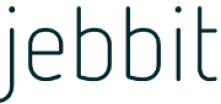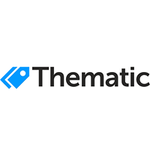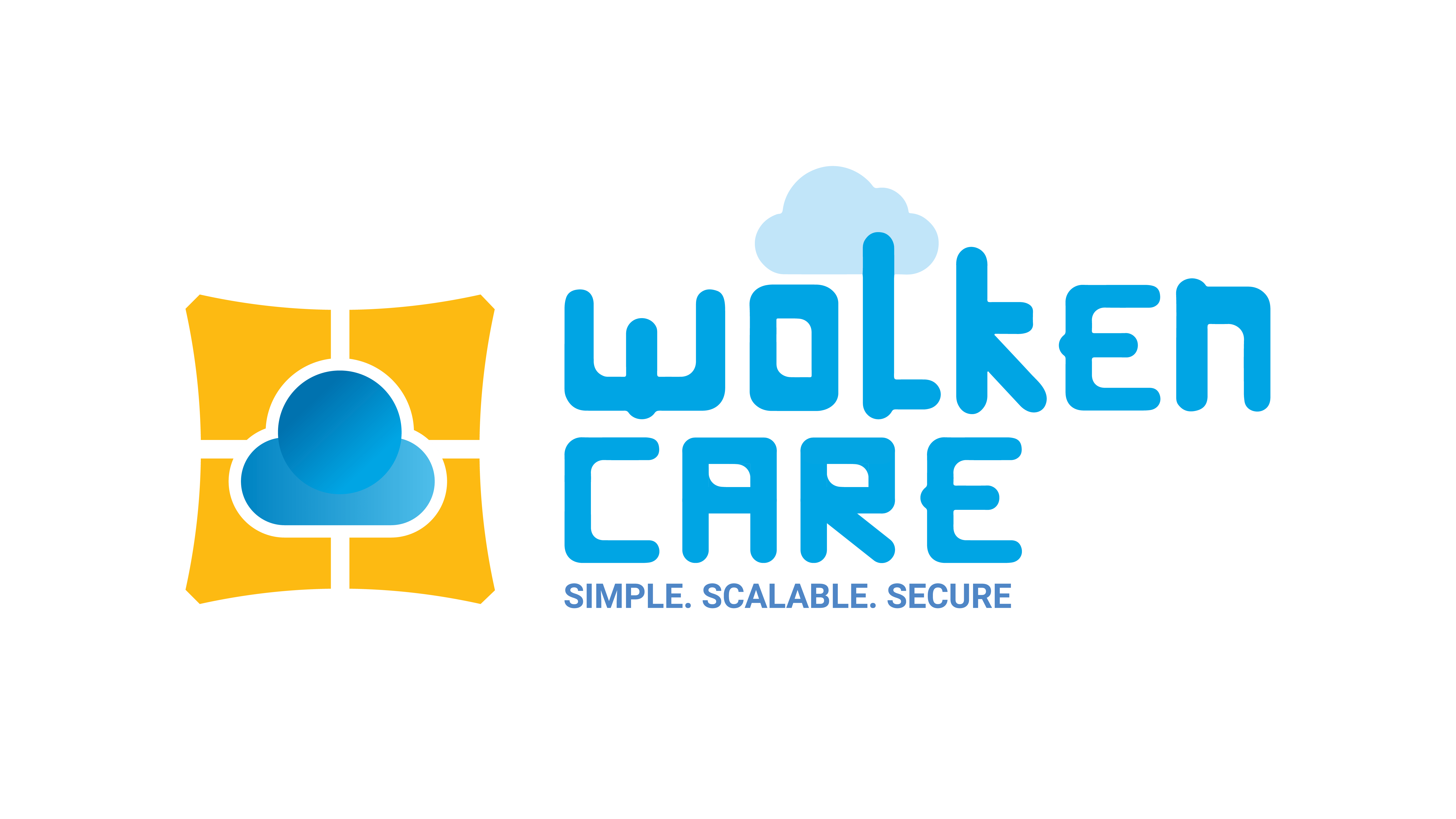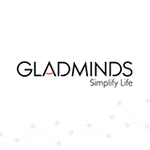Description

Jebbit

Thematic
Comprehensive Overview: Jebbit vs Thematic
Jebbit and Thematic are both businesses focused on data and customer experience, but they serve different functions and target different markets.
Jebbit:
a) Primary Functions and Target Markets:
- Primary Functions: Jebbit primarily provides a platform for creating interactive content designed to engage consumers and capture valuable zero-party data. This includes quizzes, surveys, polls, and other interactive experiences that brands can use for personalized marketing and consumer insights.
- Target Markets: Jebbit targets marketers, brands, and ecommerce businesses across various industries that are looking to enhance customer engagement and gather first-hand data. It’s especially popular among retail, e-commerce, and consumer goods sectors.
b) Market Share and User Base:
- Market Share: Jebbit operates in a relatively niche segment focused on zero-party data and interactive content creation. Its market share is modest compared to major marketing automation platforms, but it has a growing presence among companies keen on interactive consumer engagement tools.
- User Base: Specific user numbers are not typically disclosed, but Jebbit has partnerships with a number of large enterprises, indicating a robust, albeit niche user base interested in sophisticated customer data collection strategies.
c) Key Differentiating Factors:
- Interactive Focus: Jebbit’s emphasis is on creating immersive, interactive experiences to capture declared data directly from consumers, distinguishing it from more traditional marketing platforms that rely on third-party data.
- Zero-Party Data: The focus on zero-party data is a major differentiator, positioning Jebbit as a solution for companies navigating data privacy issues and seeking consent-driven data strategies.
Thematic:
a) Primary Functions and Target Markets:
- Primary Functions: Thematic is a customer feedback analysis platform that uses natural language processing (NLP) to analyze and extract insights from customer feedback data. It helps businesses understand customer sentiment, identify trends, and make data-driven decisions.
- Target Markets: Thematic targets medium to large enterprises across various industries including consumer goods, technology, and financial services. Companies that receive large volumes of customer feedback are the primary users of Thematic.
b) Market Share and User Base:
- Market Share: Thematic holds a specialized position within the customer feedback and sentiment analysis market. As customer experience becomes a key business focus, Thematic sees increasing adoption but operates within a competitive landscape featuring both specialized startups and large, diversified analytics firms.
- User Base: Again, specific numbers are not publicly detailed, but Thematic is used by several prominent international brands and companies that prioritize comprehensive customer feedback analysis.
c) Key Differentiating Factors:
- NLP and AI: Thematic’s use of NLP and artificial intelligence for feedback analysis is a primary differentiator, providing in-depth, qualitative insights efficiently and at scale.
- Automated Insights: The platform’s ability to automatically generate insights from unstructured feedback sets it apart from traditional survey analysis tools that require more manual intervention.
Comparison and Overview:
- Functions and Market Focus: While Jebbit focuses on engaging consumers and collecting declared data through interactive experiences, Thematic emphasizes the analysis of existing customer feedback to extract insights.
- Technology and Approach: Jebbit’s technology is built around interactive content creation, while Thematic leverages sophisticated NLP technology for data analysis.
- Market Position: Both hold specialized positions in their respective niches but face competition from broader platforms serving overarching needs such as customer experience management and marketing automation.
- Use Cases and Benefits: Jebbit is ideal for companies focusing on data collection and engagement at the potential acquisition level, while Thematic suits companies looking to optimize and enhance products and services based on existing user feedback.
Contact Info

Year founded :
2011
+1 508-380-0047
Not Available
United States
http://www.linkedin.com/company/jebbit

Year founded :
2021
Not Available
Not Available
United States
Not Available
Feature Similarity Breakdown: Jebbit, Thematic
Jebbit and Thematic are both platforms that offer different solutions within the realm of customer engagement and data analysis, but they do share some similarities in core features, user interface approaches, and have unique attributes that set them apart. Here's a breakdown:
a) Core Features in Common
-
Data Collection and Analysis:
- Both platforms offer tools that allow businesses to gather and analyze data effectively. Jebbit focuses on collecting zero-party data through interactive experiences, while Thematic emphasizes text analytics to derive insights from customer feedback.
-
Customization:
- Jebbit and Thematic provide customizable options for users to tailor their experiences or analytical models to fit their brand requirements or specific data needs.
-
Integration Capabilities:
- Both solutions support integrations with a variety of third-party platforms, facilitating a smoother workflow and enhanced data utility within the users’ existing technology stacks.
-
User Engagement:
- Both tools aim to enhance customer engagement through their unique approaches—interactive content in the case of Jebbit, and voice of the customer insights in Thematic’s offering.
b) User Interface Comparison
-
Jebbit:
- Jebbit's UI is designed to simplify the creation of interactive content, featuring drag-and-drop capabilities and a user-friendly dashboard that allows marketers to build questionnaires and experiences without needing technical skills.
- Its interface emphasizes visual customization, allowing marketers to employ brand-specific imagery and color schemes easily.
-
Thematic:
- Thematic offers a more analysis-focused interface tailored towards dissecting feedback data. The UI presents insights through data visualizations and dashboards that enhance understanding of text analytics.
- The platform is geared towards surfacing themes and sentiments from the analyzed data, with features that allow users to drill down into specifics for deeper insight.
c) Unique Features
-
Jebbit:
- Jebbit’s strength lies in its ability to create interactive experiences such as quizzes, surveys, and product matchers that serve both data collection and engagement goals concurrently.
- It focuses on zero-party data collection, distinguishing itself by capturing data that users proactively share—something increasingly important in the context of privacy regulations.
-
Thematic:
- Thematic is uniquely positioned with its advanced natural language processing capabilities, allowing businesses to extract themes from free-text feedback automatically.
- Its sentiment analysis is another stand-out feature, which enables businesses to gauge customer emotions and satisfaction levels across large data sets.
In summary, Jebbit shines in interactive user engagement and data collection, making it an excellent choice for marketers focusing on customer acquisition and personalization. On the other hand, Thematic specializes in processing and analyzing customer feedback to generate actionable insights, making it an ideal tool for organizations looking to deepen their understanding of customer sentiment and drive improvements based on detailed feedback analysis.
Features

Personalized Customer Experiences
Integration and Compatibility
Data Collection and Insights

Reporting and Visualization
Data Integration
User Experience
Customer Feedback Analysis
Best Fit Use Cases: Jebbit, Thematic
Jebbit
a) Best Fit Use Cases:
-
E-commerce and Retail: Jebbit is an excellent choice for e-commerce and retail businesses looking to enhance customer engagement and gather zero-party data. It allows these businesses to create interactive experiences like product selectors, quizzes, and surveys that help in personalizing the customer journey and increasing conversion rates.
-
Consumer Brands: Brands aiming to understand consumer preferences and behavior can leverage Jebbit’s interactive content. By engaging users in a non-intrusive way, companies can gather meaningful insights and build a data-rich profile of their customers.
-
Marketing Agencies: Agencies can use Jebbit to create compelling, interactive campaigns for their clients that bolster engagement metrics and drive higher user interaction rates. The platform's flexibility in content creation allows for customized solutions tailored to specific campaign goals.
-
Educational Institutions: Schools and universities can employ Jebbit to engage prospective students through virtual open days, quizzes, and interactive information sessions, providing a personalized experience to each potential student.
d) Industry Verticals and Company Sizes:
Jebbit caters primarily to B2C companies across various verticals such as retail, consumer goods, travel, hospitality, and education. It is particularly advantageous for medium to large enterprises that seek to leverage data-driven marketing techniques and have a substantial digital presence. However, small businesses that are heavily invested in online sales and customer engagement can also benefit from Jebbit's offerings.
Thematic
b) Preferred Use Cases:
-
Customer Experience and Feedback Analysis: Thematic is ideally suited for companies that collect large volumes of qualitative feedback and need sophisticated analysis to interpret this data. Using AI and natural language processing, Thematic can uncover insights from customer surveys, reviews, and support tickets.
-
Market Research Firms: Agencies that perform market research can use Thematic to analyze opinions and sentiments from interviews, focus groups, and social media, providing a deeper understanding of customer or market trends.
-
Product Development Teams: Businesses focused on product development usually require feedback for improvements. Thematic helps these teams dissect customer reviews and feedback to pinpoint strengths and weaknesses in their offerings.
-
Financial Services: Banks and insurance companies can use Thematic to better understand customer feedback, improve service offerings, and ensure compliance with the regulatory standards by analyzing sentiment data.
d) Industry Verticals and Company Sizes:
Thematic serves a diverse range of industries, including finance, technology, healthcare, and retail. It is especially beneficial to large enterprises with significant customer feedback channels, such as multinational corporations or major service providers. However, medium-sized businesses with a proactive approach to customer experience can also find value in using Thematic, especially when traditional feedback analysis methods become unwieldy due to volume.
Conclusion
Jebbit focuses on creating engaging, data-collection interactive experiences, suitable for customer-centric industries; Thematic excels in analyzing complex customer feedback data to extract actionable insights. Each caters to different business needs and scales, making them useful in distinct scenarios across various industry verticals.
Pricing

Pricing Not Available

Pricing Not Available
Metrics History
Metrics History
Comparing teamSize across companies
Conclusion & Final Verdict: Jebbit vs Thematic
To provide a thorough conclusion and final verdict for Jebbit and Thematic, let's evaluate both products in terms of value, pros and cons, and offer specific recommendations for potential users.
a) Best Overall Value
Jebbit tends to offer the best overall value for businesses looking to enhance their customer engagement and collect data through interactive content. Its strengths lie in its user-friendly interface, which allows marketers to create engaging experiences without the need for extensive technical skills. Jebbit is particularly valuable for organizations focused on personalized marketing and lead generation.
Thematic, on the other hand, provides better value for businesses that need in-depth analysis of customer feedback. It excels in qualitative data analysis, offering advanced machine learning and AI-driven insights, which is crucial for organizations aiming to improve customer satisfaction and product development.
Both tools have distinct purposes and their value is largely dependent on a business’s main objectives. However, if the goal is interactive content and personalized campaigns, Jebbit is the favorable option. If the goal is understanding customer feedback in detail, Thematic is more suitable.
b) Pros and Cons
Jebbit:
-
Pros:
- Easy-to-use drag-and-drop interface for creating interactive content.
- Strong support for personalized customer journeys and lead generation.
- Integration capabilities with marketing and CRM platforms.
- Useful analytics for tracking engagement metrics.
-
Cons:
- Primarily caters to marketing content, might not be suitable for in-depth data analysis.
- Requires ongoing content creation effort to maintain engagement.
Thematic:
-
Pros:
- Robust natural language processing (NLP) for analyzing feedback.
- Provides deep insights into customer sentiments and themes.
- Helps directly link customer feedback to business improvements.
- Offers AI-powered thematic analysis that reduces bias in interpretation.
-
Cons:
- Steeper learning curve due to its advanced analytical features.
- Primarily focused on feedback analysis, which might limit use cases for other marketing purposes.
- May require more technical knowledge to maximize its potential.
c) Recommendations
-
Define Your Primary Objective: Businesses should clearly define whether they need a tool for interactive content and lead generation or for analyzing customer feedback deeply. This will guide the decision between Jebbit and Thematic.
-
Evaluate Internal Capabilities: Assess your team’s technical expertise. Jebbit’s simplicity might be more appealing for teams with limited technical skills, whereas Thematic might require more advanced knowledge to leverage its analytical capabilities fully.
-
Consider Integration Needs: Check which existing platforms you are using and whether Jebbit or Thematic integrates smoothly with them to maximize the benefits.
-
Explore Free Trials/Demos: Taking advantage of free trials or demos can provide a practical understanding of what each tool can offer, and help in making an informed decision.
Overall, both Jebbit and Thematic are strong products in their respective domains; the choice ultimately depends on an organization's specific needs, capabilities, and goals.
Add to compare
Add similar companies




